The views expressed in our content reflect individual perspectives and do not represent the authoritative views of the Baha'i Faith.
Women are abused in immigrant detention centers, migrants are bloodied and drowning at the U.S.-Mexico border, and Black people are being killed by police. Many of us first become aware of these issues because of hashtags on social media — and we do our best to raise awareness of these causes. But what if we knew about these injustices because of our close friendships with Black and Latinx people? And what if those friendships spurred us to actively work to dismantle unjust systems?
“Close cross-racial and cross-cultural amity has been a part of virtually every critical advance in access and equity in America’s racial history,” says Craig Rothman, the director of Baha’i Media Services. “This ‘other tradition’ has served as the moral and spiritual counterweight to the dominant tradition of racism that occupies so much of our national history.”
RELATED: 5 Abolitionists Who Show Us What White Allyship Looks Like
That is why he, along with his longtime friend and fellow Baha’i, Dr. William H. “Smitty” Smith, the founding executive director of the National Center for Race Amity, produced the 2018 documentary, “An American Story: Race Amity and The Other Tradition.” The film spotlights stories of historical interracial friendships and collaborations in the pursuit of racial equity and justice throughout history, ranging from Harriet Tubman and Thomas Garrett’s friendship to Eleanor Roosevelt and Mary McLeod Bethune’s.
Abdu’l-Baha, the authorized interpreter of the Baha’i writings and the son of Baha’u’llah, the founder of the Baha’i Faith, said in a talk in Paris in 1911, “What profit is there in agreeing that universal friendship is good, and talking of the solidarity of the human race as a grand ideal? Unless these thoughts are translated into the world of action, they are useless.”
It’s easier to see oppression when you’re intimately associated with people who are systematically oppressed. You’re better able to understand, sympathize with, and be involved in each other’s lives and realities. And you more easily recognize that you need to take action. The friendship between Cesar Chavez, Dolores Huerta, and Fred Ross Sr., is one example of such a friendship, and it’s one that Craig and Smitty believe we can all learn from.
How Cesar Chavez, Dolores Huerta, and Fred Ross Sr. Fought for Farmworker’s Rights
Out of all the stories of interracial friendships that they spotlighted in their film, Craig says he especially loves the story of the close collaboration between Cesar Chavez, Dolores Huerta, and Fred Ross Sr., which led to the creation of the United Farm Workers in 1962. The UFW helped change the deplorable working and living conditions that Latino, Filipino, and African-American farmworkers experienced.
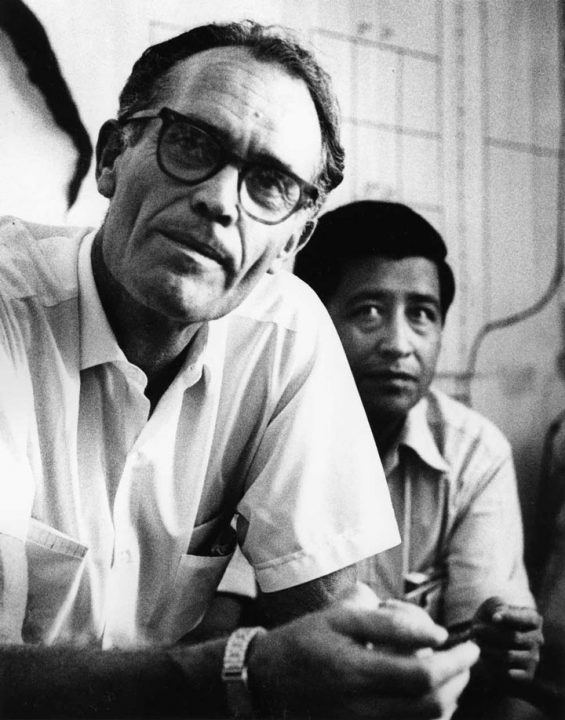
Abdu’l-Baha said in a talk in 1912, “He [Baha’u’llah] admonished all that we must be the servants of the poor, helpers of the poor, remember the sorrows of the poor, associate with them; for thereby we may inherit the Kingdom of heaven.”
Farmworkers have been exploited and denied a decent life for over a century. Ross first noticed the poverty and unhealthy living conditions of farmworkers in the 1940s when he worked for the Farm Security Administration. In 1947, he became an organizer of the Industrial Areas Foundation and formed the Community Service Organization in Los Angeles. As an organizer, Ross held meetings in worker’s homes to discuss the difficult issues that they faced.
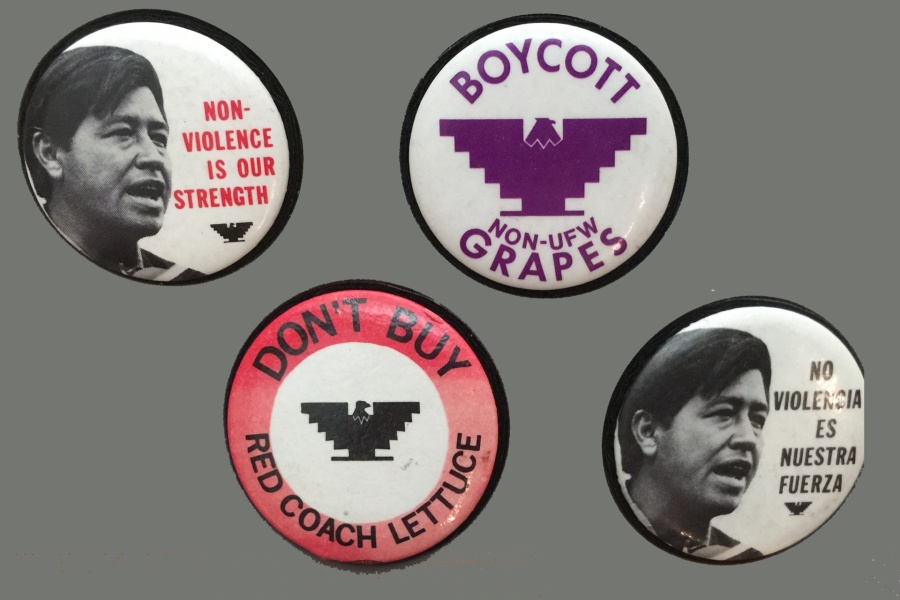
According to Fred Ross, Jr., “The CSO activists helped 50,000 individuals obtain citizenship, registered 500,000 voters, elected the first Hispanic to the Los Angeles City Council, and won a major legal victory against police brutality directed at Mexican-Americans.” In 1952, Ross began to organize farmworkers in the San Jose, California area and reached out to local activist Cesar Chavez to get involved.
In the Baha’i writings, white people are advised: “to persuade them [Black people] through their intimate, spontaneous and informal association with them of the genuineness of their friendship and the sincerity of their intentions” and Black people are asked, in a corresponding effort, “to wipe out every trace of suspicion that may still linger in their hearts and minds” in order to create race unity in this country. Like Black people, many Hispanic Americans were naturally suspicious at the time.
Chavez later said in an interview, “We never heard anything from whites unless it was the police, or some sociologist from Stanford, San Jose State, or Berkeley coming to write about Sal Si Puedes. Sal Si Puedes means ‘Get out if you can.’ They would ask all kinds of silly questions, like how did we eat our beans and tortillas. We felt it was none of their business how we lived.”
Ross, however, was persistent in his efforts to meet in Chavez’s home, and Chavez eventually agreed to meet with him.
“When the meeting started,” Chavez recounted, “Fred spoke quietly, not rabblerousing, but saying the truth. He knew our problems as well as we did. There was a creek behind Sal Si Puedes, which carried the waste from the packing house nearby. The kids downstream would play in it, and they’d get sores. There were big holes in that creek where water would collect and stagnate, where the mosquitoes would breed. He took on the politicians for not doing something about it. The more he talked, the more wide-eyed I became…”
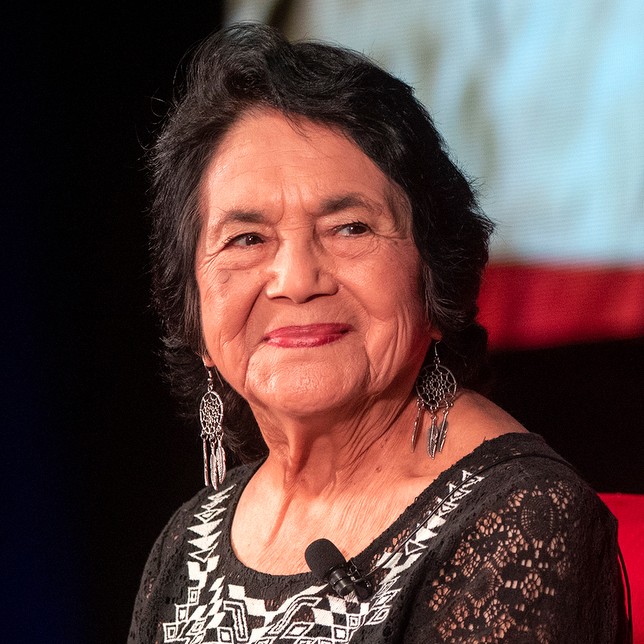
This meeting led to four decades of collaboration and friendship. Together, they would join forces with Dolores Huerta to make historic improvements in living conditions for hundreds of thousands of migrant workers.
“These stories make me a perpetual optimist,” Smitty says. He says that he spotlights these inspiring stories because they show that “even in the darkest hour, change is possible.”
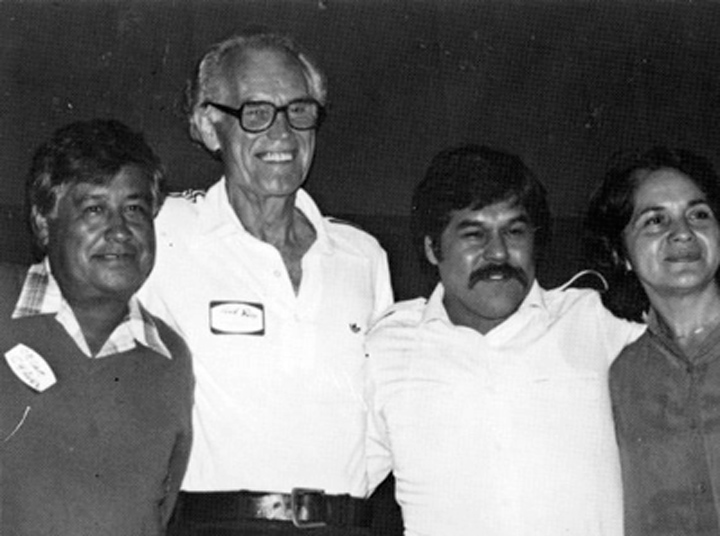
The Baha’i writings understand and acknowledge the oppression and strife that so many marginalized communities are still enduring. Shoghi Effendi wrote, “We must expect these things: It is becoming evident that the world is not yet through with its labour, the New Age not yet fully born, real Peace not yet right around the corner. We must have no illusions about how much depends on us and our success or failure. All humanity is disturbed and suffering and confused; we cannot expect to not be disturbed and not to suffer—but we don’t have to be confused. On the contrary, confidence and assurance, hope and optimism are our prerogative.”
“Each one of us can be a part of creating that other tradition in the choices we make, in the way we work, in our relationships, in the retrospective way we ask ourselves about questions, [and in] all of the ways we raise our children,” Craig says.
As Huerta said, “Every moment is an organizing opportunity, every person a potential activist, every minute a chance to change the world.”
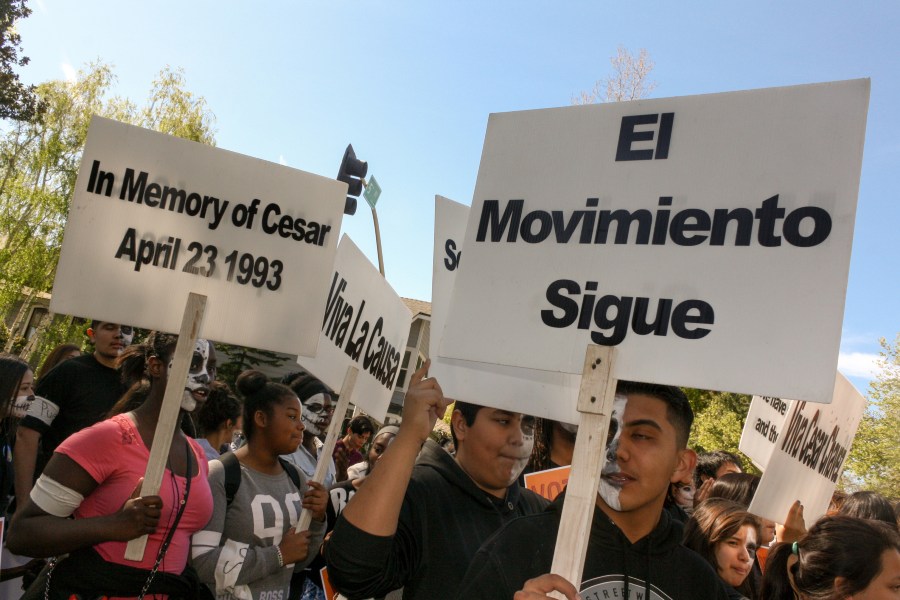


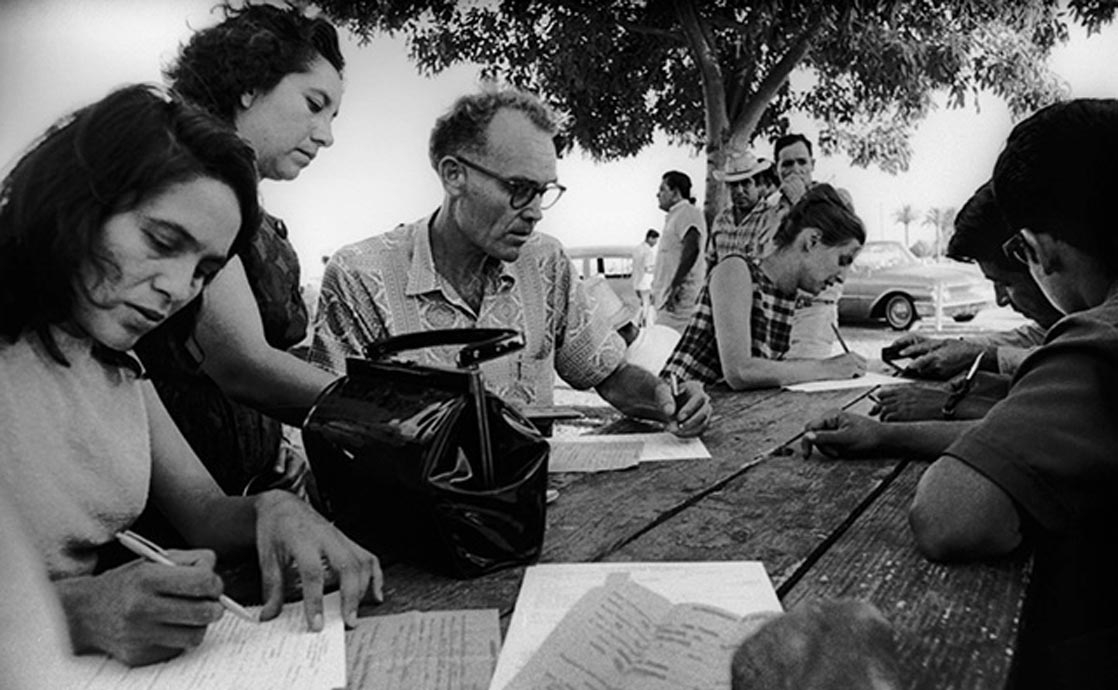

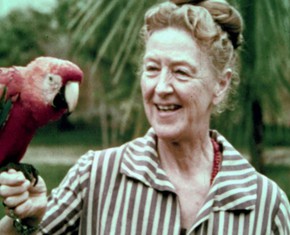
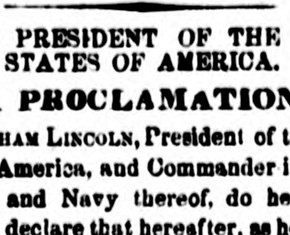
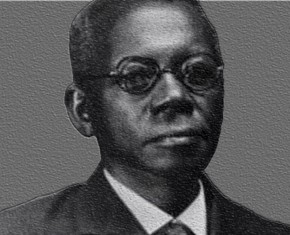









Comments
Sign in or create an account
Continue with Googleor